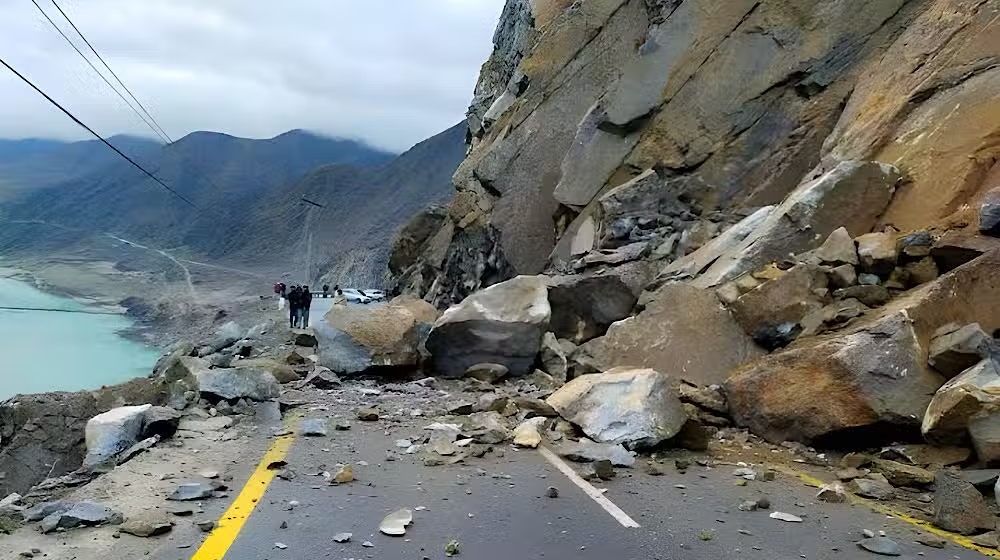A major portion of the Karakoram Highway (KKH) in Upper Hunza’s Morkhun area has been washed away by river erosion, severing the crucial trade and travel link between Pakistan and China, the Gilgit-Baltistan (G-B) government confirmed on Friday.
The incident followed a sharp rise in river levels caused by accelerated glacial melting, driven by increasing regional temperatures. This surge has also triggered localized flooding in several parts of G-B, threatening both infrastructure and communities.
G-B government spokesperson Faizullah Faraq stated that the damaged section of the KKH is currently impassable. Chief Minister Haji Gulbar Khan has ordered immediate restoration efforts, with emergency teams already dispatched to the site. The Karakoram Highway, connecting Pakistan to China via the Khunjerab Pass, is considered a vital economic and strategic route, making swift repairs critical for resuming cross-border movement.
READ MORE:
CDA Accused of Violating Court Ban on Stray Dog Seizures in Islamabad
Meanwhile, in Skardu, rescue teams are working to locate several tourists missing after a boat capsized in the Zhouq Kachura area. Authorities suspect unusually high water levels, fed by glacial runoff, may have caused the accident. In response, boating activities in affected areas have been banned under Section 144 of the Criminal Procedure Code, with strict action promised against violators.
These events highlight a growing pattern of climate-related crises in Gilgit-Baltistan. Since June, the region has endured destructive flooding triggered by cloudbursts, glacial lake outburst floods (GLOFs), and heavy monsoon rains. With temperatures continuing to rise and the monsoon season still active, officials are urging residents and tourists to remain vigilant, follow safety advisories, and prepare for further disruptions.




